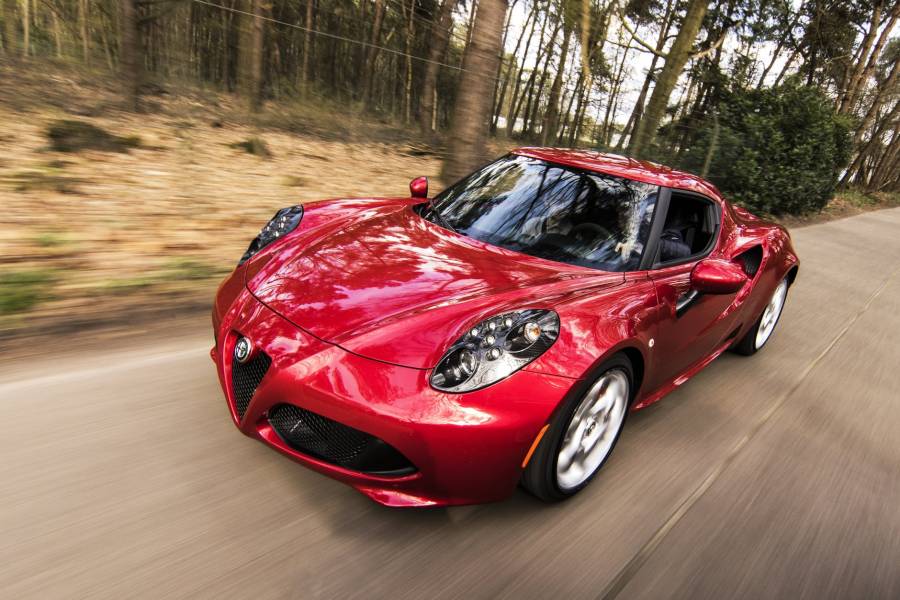
If you’re buying a new car, then you’re taking on a disproportionate amount of risk. The moment you drive the vehicle off the forecourt, it will lose a significant chunk of its value through depreciation. And if you’re unfortunate enough to need a pay-out within the first few weeks, days, or even hours, then you might be surprised at the amount you’ve lost.
If you manage to write off the car, or have it stolen, then your insurer might not be obliged to pay out for the full amount you paid. Instead, they’ll pay out for the amount the car is worth when it was stolen, damaged or destroyed. In many cases, this estimate may be well below the list price, even if you’re just a few days out from purchase.
In this situation, you’d lose out on a significant amount of money. But if you’ve bought the car on finance, then you might owe the difference to the lender – and it’s guaranteed against an asset that you no longer have. This is, to put it mildly, an uncomfortable situation to be in.
Fortunately, there’s a product which aims to address this possibility. It’s called GAP insurance, and it’s designed to close the gap between the value of your vehicle and the price you’ve paid for it. It’s actually an acronym, standing for Guaranteed Asset Protection.
Who benefits most from GAP Insurance?
GAP insurance doesn’t make sense for every motorist – but for a minority, it can be enormously useful. If you’ve relied heavily on outside finance to obtain your vehicle, it’ll offer a means of paying off that load if the car is stolen or damaged. Cars which are being leased might be especially vulnerable to a write-off, too.
Cars which depreciate quickly also benefit disproportionately from GAP insurance. The greater the depreciation, after all, the greater the difference between the purchase price and the amount paid out by an insurer – and therefore the more that GAP insurance will cover.
Despite what you might assume, GAP insurance isn’t just for new cars. It’s also for used cars, typically those with fewer miles on the clock. You might take out a policy of this kind even on a car you’ve owned for several years.
Do I need GAP Insurance?
In some cases, the insurer will agree to replace the vehicle when it’s written off within a certain time period. As such, you wouldn’t be vulnerable to the worst-case scenario in which you’re left with a bill for thousands of pounds. Check your policy documents carefully, and talk to your insurance provider about what option might best suit your circumstances. Bear in mind that GAP policies tend to be more costly, as the insurer is covering more risk.
HedgeThink.com is the fund industry’s leading news, research and analysis source for individual and institutional accredited investors and professionals








